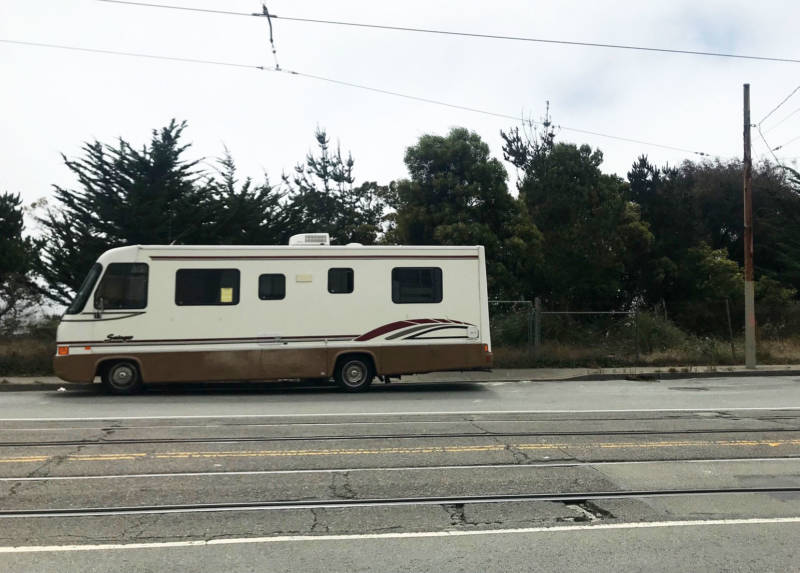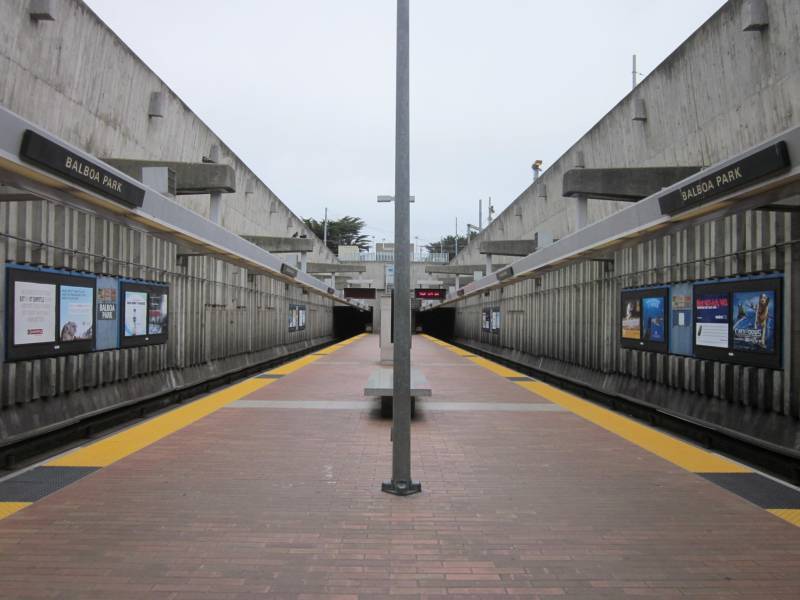The San Francisco Planning Commission on Thursday unanimously approved a proposal to open a lot near the Balboa Park BART Station as a safe place for people to park and sleep in their vehicles.
San Francisco's First Safe Parking Lot for People Living in Vehicles Takes Step Forward

The pilot program would provide space for 33 vehicles, bathrooms, showers, laundry facilities, a kitchen and eating areas. The facility would also have 24-hour security and office space for on-site services.
“One of the challenges of getting people out of their vehicles is this is their only asset,” said San Francisco Supervisor Ahsha Safaí, who introduced the legislation. “So if we have a space where they can store it and then transition them into more permanent housing options, this provides that gateway.”
Safaí said people would need to be referred by the Homeless Outreach Team to get a parking spot. Residents would be allowed to stay for up to 90 days, with the potential for an extension at the director’s discretion.
Mayor London Breed allocated $1 million to fund the project, and the Board of Supervisors appropriated $200,000 as well.
It will cost the city an estimated $500,000 to get the site ready for use by the end of this year.

But the space would serve only as a temporary spot. According to the plan, the center would be located at the future site of Balboa Upper Yards, a 138-unit affordable housing complex slated to begin construction in October 2020.
The city’s 2019 homeless point-in-time count found 7% of unsheltered homeless people reported their usual place to sleep was a vehicle, but 35% were currently sleeping in vehicles at the time of the survey. This number has increased by more than 20% since 2015.
Although the center would allow camping, Safaí said the goal of the program is to ultimately get people living in their vehicles into permanent housing.
“Given this crisis, given the growing number of people living in their vehicles, not just RVs but vans and cars as well, we felt like this would be an appropriate time now more than ever,” he said.
The ordinance to amend the planning code still needs the approval of the Board of Supervisors next month.
If approved, the center could open as early as November.
KQED’s Peter Jon Shuler contributed to this report.